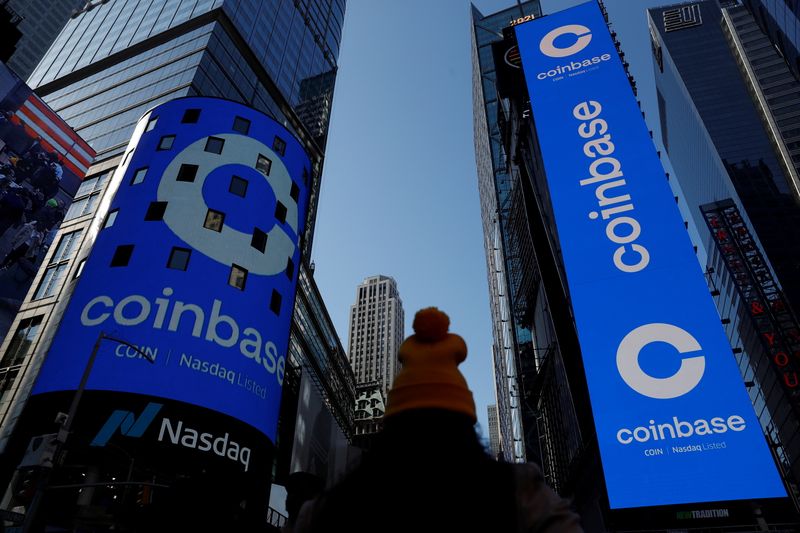This post was originally published on this site

The San Francisco-based exchange now joins over a dozen firms licensed to provide digital payment token services in Singapore. This development comes amid Singapore’s growing prominence as a crypto hub in Asia, attracting digital asset firms from countries including China and India.
Coinbase’s country director for Singapore, Mr Hassan Ahmed, shed light on the firm’s operations and future plans. The company’s team in Singapore comprises nearly 100 personnel, including product managers, engineers, business development, compliance and legal professionals. In response to local demand, Coinbase had introduced convenient funding options earlier this year, such as PayNow and FAST bank transfers, along with the SingPass onboarding system.
The firm’s full license allows it to offer enhanced services to both individuals and institutions. Currently, it provides trading and staking services – a process where users’ digital tokens are locked up for a certain period to validate transactions on the blockchain, subsequently earning them more tokens as a reward.
Coinbase also operates an Asia Pacific technology hub in Singapore and has invested in over 15 Web3 start-ups based in the country through its investment arm, Coinbase Ventures. Mr Ahmed stated that the robust Web3 ecosystem in Singapore, housing more than 700 Web3 companies, makes it a natural fit for Coinbase.
The company cited survey data indicating that 32% of Singaporeans own crypto or have done so in the past. Furthermore, 25% of surveyed Singaporeans view crypto as the future of finance.
On the financial front, Coinbase reported narrowed losses and exceeded revenue estimates for the second quarter of the year. Its Q2 net loss was down to $97 million from a record $1.1 billion a year earlier, while revenue declined 12% to $707.9 million, surpassing the estimate of $631.2 million. Despite this, the company’s shares have more than doubled in 2023.
This article was generated with the support of AI and reviewed by an editor. For more information see our T&C.


